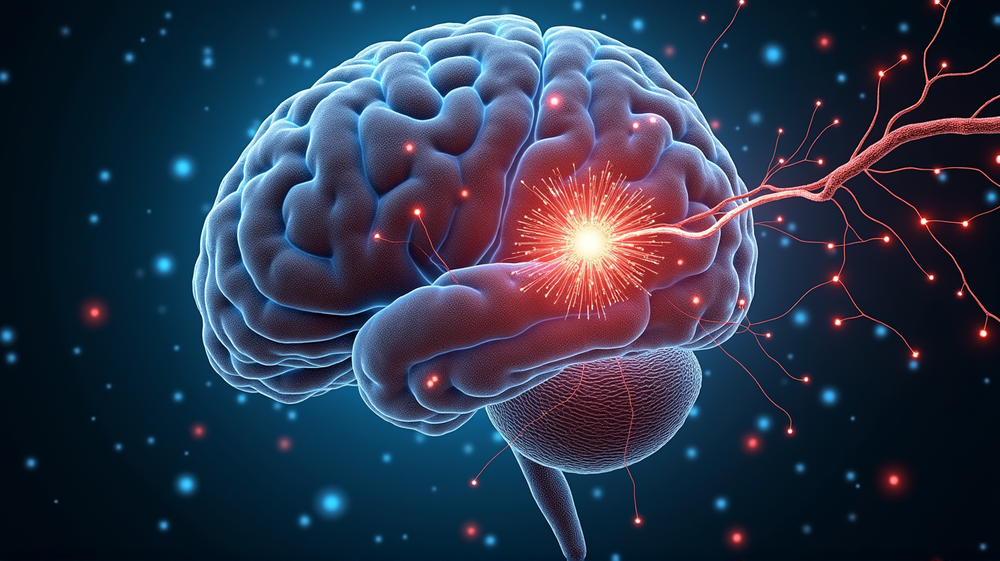Unlocking Hope: A Breakthrough in Combating Cancer Cachexia's Emotional Toll
Understanding Cancer Cachexia’s Emotional Impact
Cancer cachexia, a troubling condition known to accompany the devastating illness, often leaves patients grappling with not just physical challenges but emotional ones too. Apathy and reduced motivation emerge as significant hurdles, and until now, the exact biological triggers behind these emotional dips have remained elusive.
The Science Behind the Symptoms
Thanks to innovative research conducted by Washington University School of Medicine and Cold Spring Harbor Laboratory, light has been shed on an untapped avenue of understanding. Professor Adam Kepecs and his team have pinpointed a neural circuit phenomenon, where inflammation resulting from cancer triggers a reduction in dopamine—a key neurotransmitter that fuels motivation.
Bridging Neuroscience and Cancer Treatment
Professor Tobias Janowitz from the team emphasizes the golden opportunity lying ahead. “Our findings suggest that existing antibody treatments could be adapted to potentially uplift patients’ spirits, allowing them not only to battle cancer but to live with a renewed sense of engagement.” The dual goal is to enhance the quality of life while also improving the patients’ tolerance to cancer treatments.
The Cachexia Challenge
Cachexia, often referred to as wasting syndrome, is a multifaceted condition characterized by significant weight loss and metabolic alterations. Its grip is widespread, affecting nearly 80% of advanced cancer patients, notes Cancer Research UK. Treatments have traditionally focused on stimulating appetite. However, this newfound understanding paves the way for more holistic strategies targeting the emotional dimensions of cachexia.
A Glimmer of Hope for Patients
The gravity of experiencing an emotional void, as expressed by patients who “don’t feel like eating” even when presented with once-favorite meals or who lack the joy in family gatherings, underscores the pressing need for this breakthrough. As stated in Surrey Live, with continued interdisciplinary collaboration, there’s hope these revelations will soon translate into tangible relief for those afflicted.
Conclusion: A New Horizon
The marriage of neuroscience and oncology in tackling cachexia’s emotional effects marks a promising chapter in cancer care. It highlights a future where the emotional well-being of patients is as vital a focus as their physical health, fostering an environment of comprehensive healing and hope.




